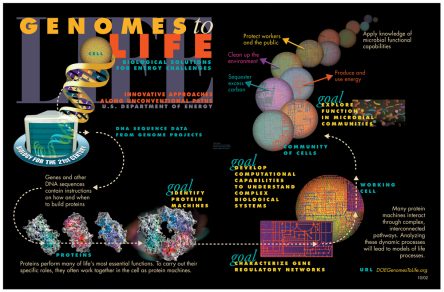Biology and medicine generate huge amounts of data on how life works. That information cannot be processed without bioinformatics which uses computer science, stats, math, and biology to analyze big biological data. The synergy between bioinformatics and biomedical data is key to learning new things about health and diseases. Experts in this field create and use computer tools to learn more from biological, medical, and health information, figuring out ways to improve human health.
Our faculty use a multidisciplinary approach to make the complex data of life sciences more understandable and useful. We are creating workers for highly desirable businesses and contributing to basic science and clinical applications.
The next generation of bioinformatics pioneers is here, mining and interpreting biological data for a host of applications – medical, environmental, plant sciences, animal sciences, and more.
Partnership with UAMS
The graduate degrees are offered jointly by UA Little Rock and the University of Arkansas for Medical Sciences (UAMS). By combining the academic, clinical, and research resources of UAMS with the computational, scientific, academic, and research capabilities of UA Little Rock, students will be prepared to function in an interdisciplinary research environment. Read about the learning outcomes of these graduate programs.
